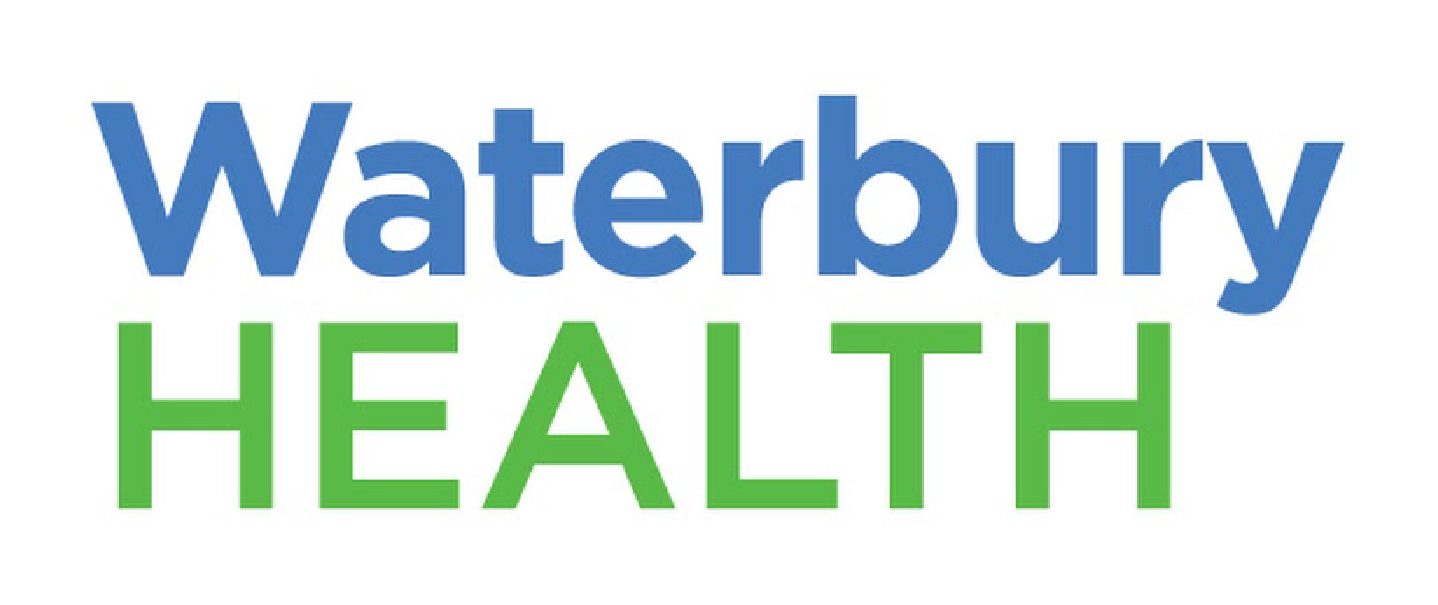Waterbury Hospital to offer Heart Implant that Helps Reduce Stroke Risk in Patients
For patients with non-valvular atrial fibrillation, the risk of a deadly or serious stroke is elevated. Later this month Waterbury Hospital’s Heart and Valve Center is expanded its award-winning cardiovascular services adding a new minimally invasive procedure, a heart implant used as an alternative to the lifelong use of blood thinners for people with atrial fibrillation not caused by a heart valve problem.
An estimated seven million Americans are estimated to be affected by atrial fibrillation – an irregular heartbeat that can feel like a quivering heart. People with atrial fibrillation have a five times greater risk of stroke than those with normal heart rhythms.
The heart implant device, called WATCHMAN FLX, closes off an area of the heart called the left atrial appendage to keep harmful blood clots that can form in this part of the heart from entering the blood stream and potentially causing a stroke. By closing off the left atrial appendage, the risk of stroke may be reduced, and, over time, patients may be able to stop taking their blood thinner. The latest-generation technology has a new design to help treat more patients safely and effectively to ensure the best long-term outcomes.
“This new procedure can truly add years to patients’ lives,” said Ehsan Ansari, MD, a board-certified cardiologist at Waterbury Hospital. “Anytime we can prevent a stroke, the patient wins.”
The WATCHMAN technology has been implanted in more than 200,000 patients worldwide and is done in a one-time procedure. It’s a permanent device that doesn’t have to be replaced and can’t be seen outside the body. The procedure is done under general anesthesia and takes about an hour. Patients commonly stay in the hospital overnight and leave the next day.
About Atrial Fibrillation
Atrial fibrillation is a heart condition where the upper chambers of the heart (atrium) beat too fast and with irregular rhythm (fibrillation). atrial fibrillation is the most common cardiac arrhythmia. Stroke is the most common complication of atrial fibrillation. Strokes from atrial fibrillation are also more frequently fatal and disabling. In people with nonvalvular atrial fibrillation (AF), more than 90% of all stroke-causing clots that come from the heart form in the left atrial appendage. The most common treatment to reduce stroke risk in patients with AF is blood-thinning medication, such as warfarin. While very effective at reducing the risk of stroke, blood thinners increase the risk of serious bleeding over time and come with certain requirements and restrictions.
Dr. Ansari and his team are performing this procedure starting on Sept. 18, 2023.
In the past several years Waterbury Hospital has added services for cardiac patients including transaortic valve replacement and a major expansion of the Cardiopulmonary Rehab Center. In June Waterbury Hospital became the first in the state to achieve Chest Pain Center with Primary PCI by the American College of Cardiology delivering excellent cardiovascular patient care, including, faster treatment, better prognoses and better quality of life for cardiac patients.
Waterbury Hospital was ranked a high performing hospital for patients suffering from kidney failure, heart failure and stroke by the U.S. News & World Report 2022-2023 Best Hospital edition. Waterbury Hospital has distinguished itself for excellence in cardiac care including as 1 of 2 hospitals in the state of Connecticut to receive the Coronary Intervention Excellence Award™ and the only hospital in the New Haven area* to receive the Coronary Intervention Excellence Award™ in 2022 by Healthgrades.
Related Articles
-

New Technology brings Sophisticated Cardiac Service to Waterbury Hospital
-

Minimally Invasive Surgery Improves Patients’ Outcomes & Quality of Life
-

Don’t Ignore That Ache: Early Warning Signs of Joint Problems You Shouldn’t Overlook
-

New Interventional Radiology Technology offers Advanced Treatment for Patients in Greater Waterbury

